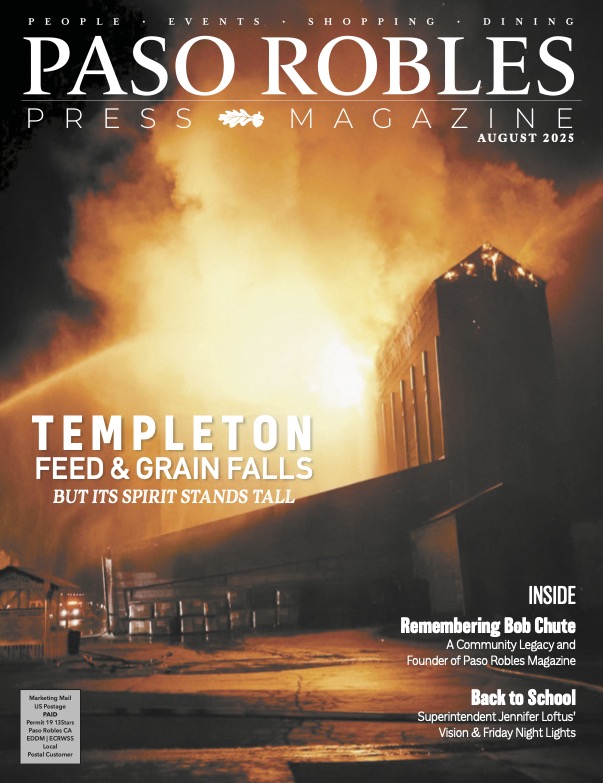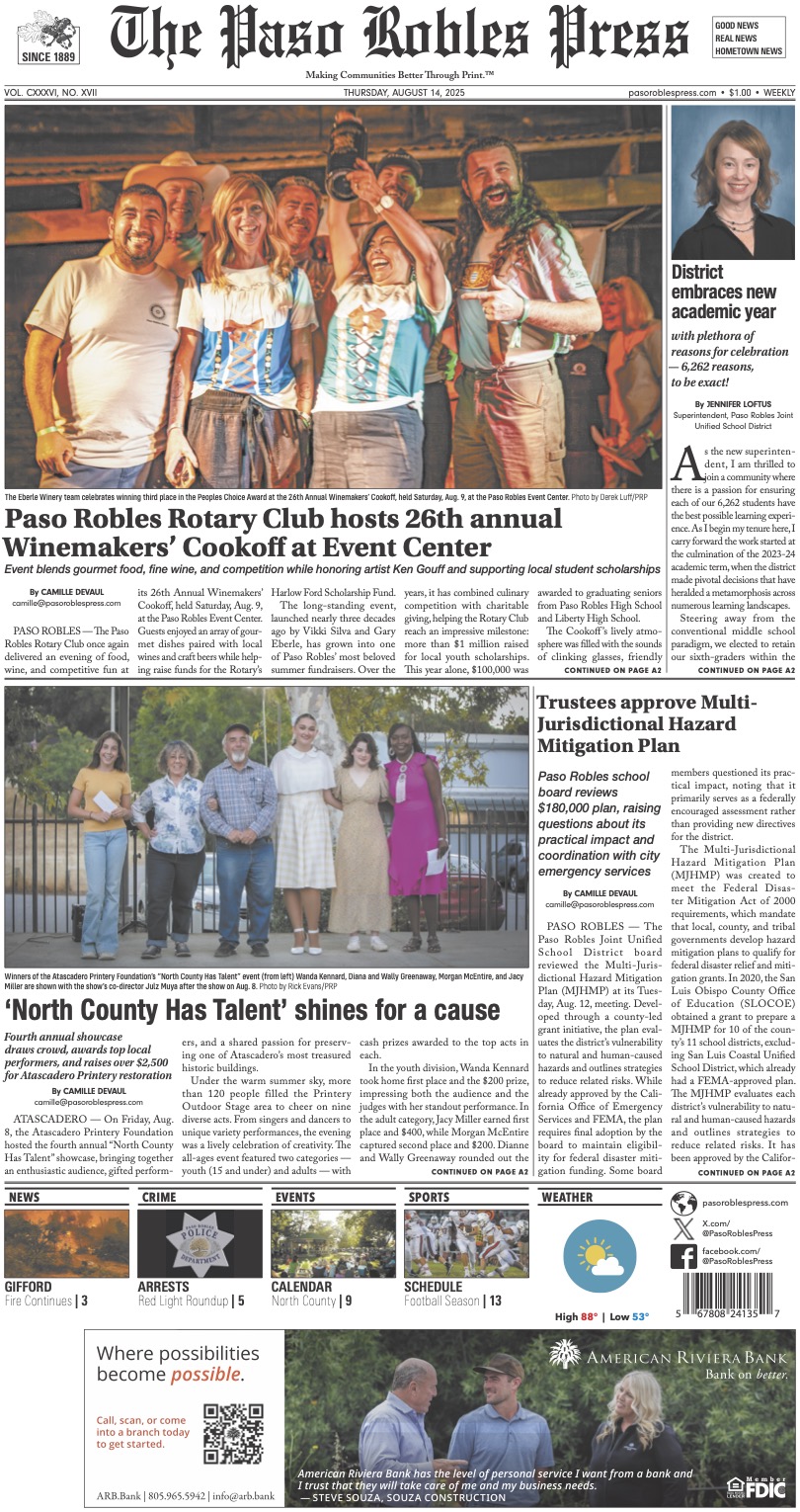by Rev. Elizabeth Rowley Hogue
In the realm of spiritual growth, few ideas resonate as profoundly as Richard Bach’s timeless wisdom: “Argue for your limitations, and sure enough they’re yours.” This statement invites us to examine how our thoughts and words shape our reality, turning perceived barriers into unbreakable chains. But what if we viewed limitations not as external forces, but as illusions of the mind? Drawing from the teachings of Ernest Holmes, founder of the Science of Mind philosophy, we can uncover a spiritual path to freedom, where the power of conscious thought aligns us with the infinite abundance of the Universe.
Dr. Holmes, a pioneer in New Thought, emphasized that our minds are co-creators with the Divine. He taught that “all limitations are self-imposed,” which echoes Bach’s quote, reminding us that when we dwell on excuses—whether it’s age, resources, or past failures—we reinforce them as truths. Instead, Holmes urges us to recognize the boundless potential within. “Never limit your view of life by any past experience,” he wrote, encouraging us to release old narratives and “always expect the good.” In spiritual terms, this means aligning with the Law of Mind, where thoughts act as seeds planted in the fertile soil of Universal Intelligence.
Consider how this plays out in daily life. Imagine someone facing financial hardship who constantly affirms, “I’ll never get ahead because I’m not educated enough.” Such arguments for limitation, as Bach warns, become self-fulfilling. Holmes counters this with, “Thoughts of failure, limitation, or poverty are negative and must be counted out of our lives for all time.” He explains that “Life is a mirror and will reflect back to the thinker what he thinks into it.” By shifting to affirmations like “The Universe provides abundantly for me,” we invite prosperity. This isn’t mere positive thinking; it’s a spiritual practice rooted in the belief that God, as Infinite Mind, responds to our convictions.
Holmes further illuminates this in The Science of Mind, stating, “No person whose entire time is spent in the contemplation of limitation can demonstrate freedom from such limitation.” Here, he calls us to vigilant self-awareness, watching our inner dialogue as a gardener tends to weeds. When we understand “the power of thought,” we carefully watch our thinking to see that no thought enters that we do not want made into a thing. This spiritual discipline awakens us to “the eternal days of God-abundance,” freeing us from self-imposed chains.
In our community, this message is vital amid economic uncertainties and personal challenges. Holmes assures us, “All the power of the Universe is with you. Feel it, know it, and then act as though it were true.” Let us cease arguing for limitations and instead affirm our Divine heritage. By doing so, we not only transform our lives but contribute to a collective upliftment, proving that true freedom lies in the renewal of the mind. As Holmes guides, “The road to freedom lies not through mysteries or occult performances, but through the intelligent use of natural forces and laws.”
May we all step into this infinite possibility today.
And so it is.
Rev. Elizabeth Rowley Hogue is an independent columnist for the Atascadero News and Paso Robles Press; you can email her at revelizabeth@awakeningways.org












